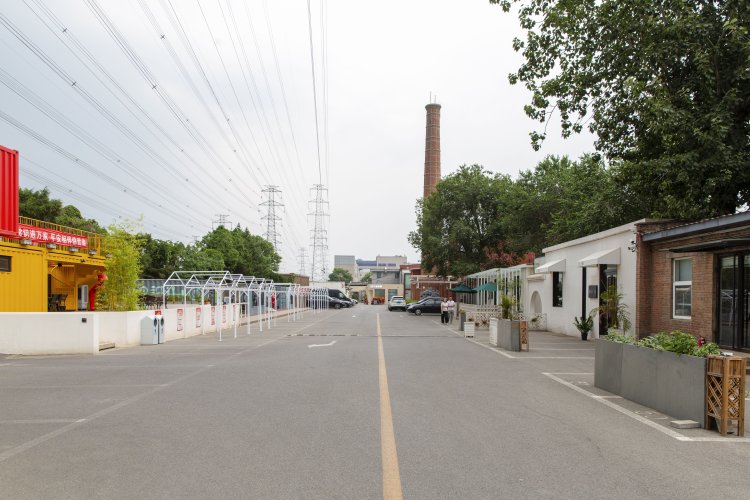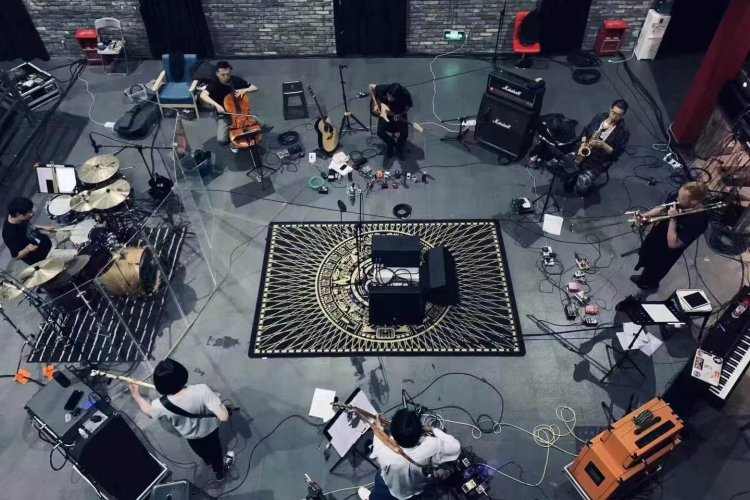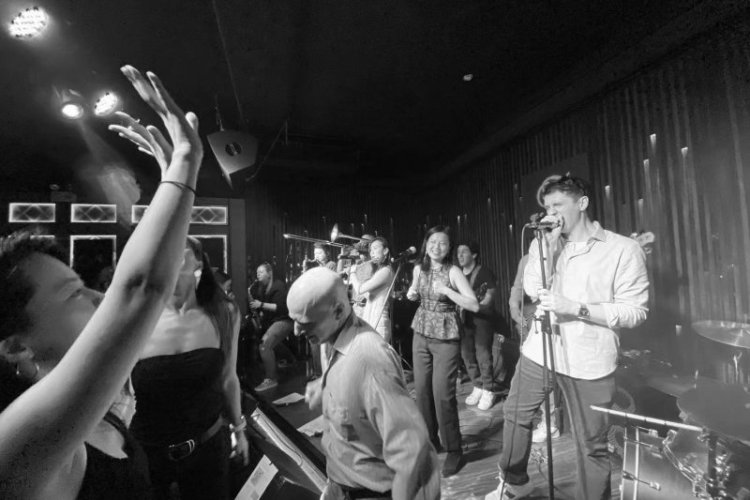Dream Popper Wild Nothing on the Importance of Honesty, Nostalgia, and the '80s
For listeners, dream-pop can all too often be written off as music for road trips, barefoot running down beaches, and summer crushes. However, for the Virginia-hailing frontman of indie band Wild Nothing, Jack Tatum, it's honesty about the current reality of the world that lies behind his wistful and sun-drenched music. Whether it's recalling a high-school romance or espousing the challenges of a long-term committed relationship, Wild Nothing compiles them both with aplomb, adding a cheery dream-pop veneer that keeps you coming back.
Below we speak to Tatum – who is essentially the mind behind Wild Nothing, writing all of the music by himself before rehearsing with a full band – about their upcoming Asia tour and newest album Indigo ahead of their Omni Space show on Friday, Apr 12.
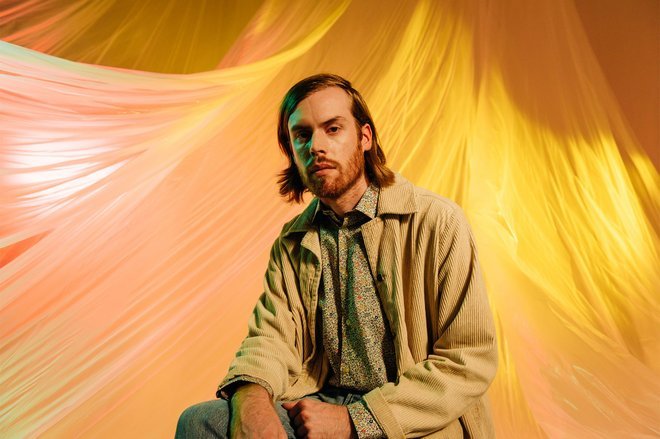
You openly say that the '80s remains the most influential music period for you. If you were to dissect that notion, what is it about the era that you find attractive?
I’d call it nostalgia but I’m not even sure I can. I’m tempted to just simplify the whole thing and write it off as just my taste but there are a lot of specific reasons why I keep coming back to it.
One of them is that I find the production really interesting. It was an era when music technology was moving really quickly and musicians were kind of struggling to keep up with it. There were a lot of unconventional choices. The fact that gated reverb was born out of a happy accident on a Peter Gabriel recording and would go on to define so much of what people think of as "'80s-sounding music," that’s really beautiful and funny to me.
There was a lot more openness in pop music to experiment in the ’80s. There was so much more money in the music industry at the time that way more weirdos were allowed to slip through the cracks. I don’t see that happening as much anymore.
Your music packs optimism, melancholia, and synth-pop of the '80s together, which helps it radiate nostalgia. Is nostalgia, in a broader sense, a driving force in your music?
Yes, I think so. It’s always been a part of my process. Whether it’s nostalgia precisely or just the exploration of memory and the passage of time.
I think even more than nostalgia though is what you touched upon in the first part of the question. I place a lot of importance on dichotomy in my music, this sense of the music being both optimistic and sad at the same time. It somehow feels the most realistic to me, to find that bittersweet middle ground.
You studied communications in college. Do you think you would be doing that if you were not writing and performing music?
It’s hard to say; that was always my plan. I’ve always been a realist, sometimes to my own detriment. In those days I was much more serious than I am now and I never really thought of music as being a realistic thing for me. At the time I always thought the more likely scenario would be that I might end up writing about music in some capacity.
In retrospect though, I don’t know that I ever would have been happy doing anything other than working on music and writing songs. Even back then it was all I ever did, I just didn’t have the full confidence to say “I know that this is all I’ll ever want to do.” It felt too scary.
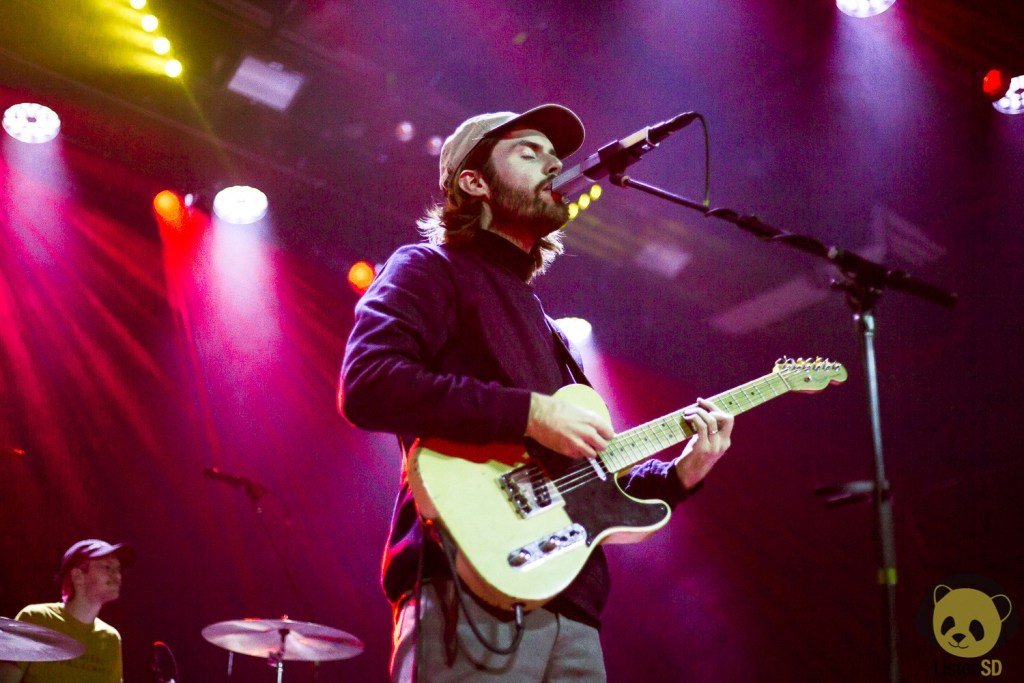
Tell us about your latest album Indigo, and what you were drawing upon while creating it.
Artists, and musicians in particular, always like to say that they don’t consider their audience when creating. But I’ve always felt that the reality is different. It’s an easy enough thing to say but at a certain point, I crossed a threshold where music became not only my passion but also my well-being. That’s maybe being too honest but I also feel that it’s important to be honest, and so with that in mind, I have to admit that I do consider my audience a bit when I’m making records.
A record like Indigo then is the product of attempting to hone-in and further define what the sound of Wild Nothing is while also giving myself enough wiggle room to try out a few new things here and there. Ultimately it doesn’t feel like a compromise to me, it’s just a recognition of certain limitations which I actually think is extremely useful when it comes to creativity.
I felt it was important for me to not necessarily be fantastical or dramatic and rather find acceptance in the realities of my life, to talk realistically about what it’s like to be in a long-term committed relationship for instance. In some ways, it’s a record that attempts to explore creativity from a place of relative peace.
What expectations and hopes are you carrying coming to China?
I’m not totally sure what to expect honestly! I’m just so excited to see new places and interact with new people that are connected to my music in some way. Getting to travel like this is such a humbling thing for me.
Mostly I'm excited to get to play my music for Chinese fans but also hoping that I’ll get to do a bit of sightseeing in between. And eating. Lots of eating.
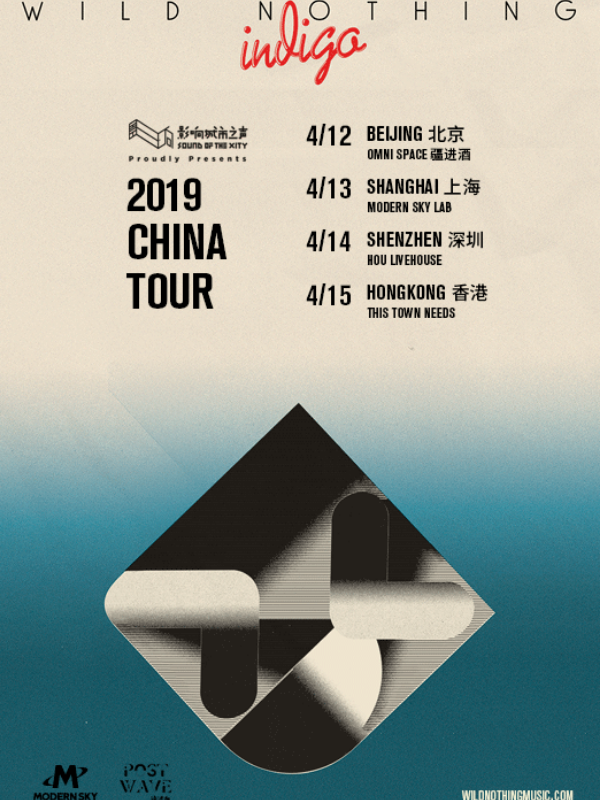
Catch Wild Nothing this Friday, Apr 12, at Omni Space. Tickets are RMB 360 on the door or RMB 280 advance, and can be bought here.
More by this author here.
Email: tautviledaugelaite@thebeijinger.com
Images: ListenSD, Adobe Air Stream





